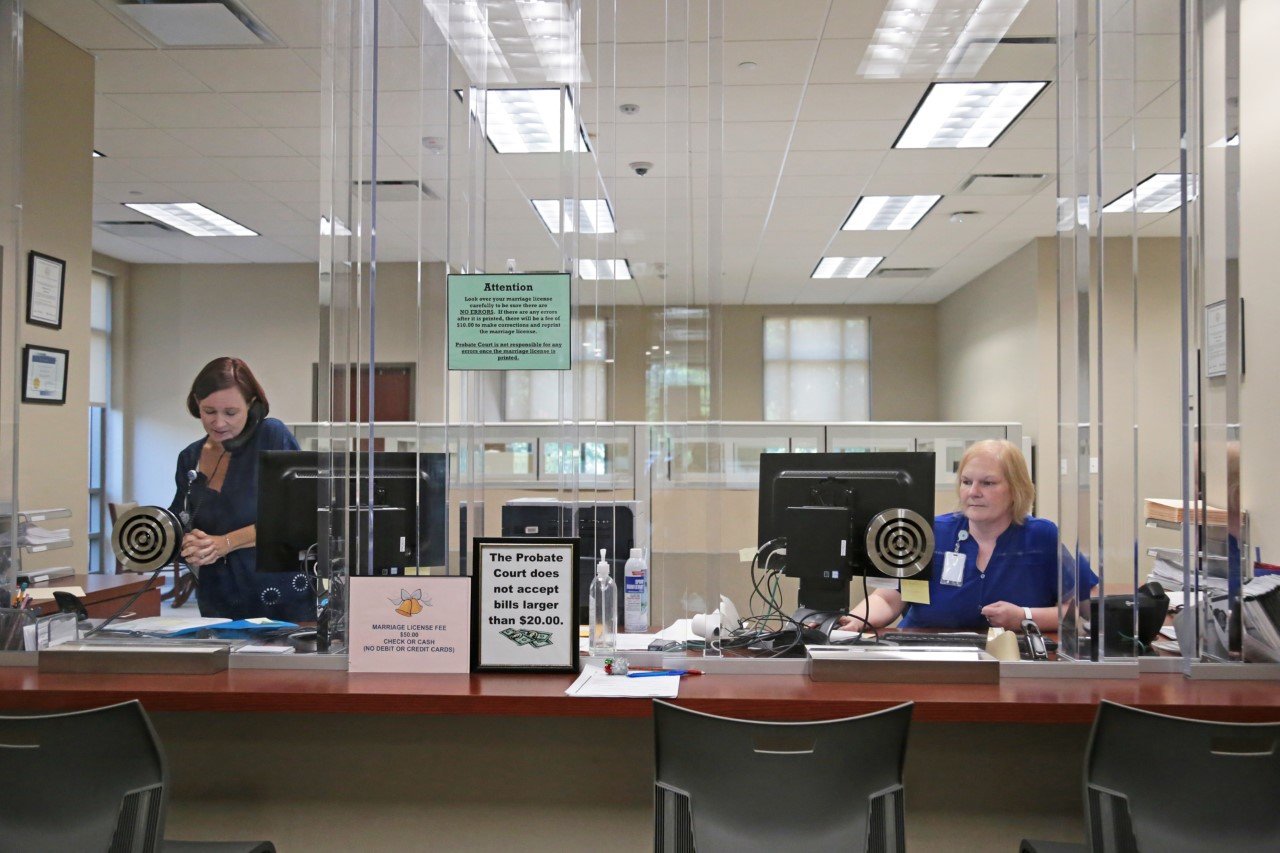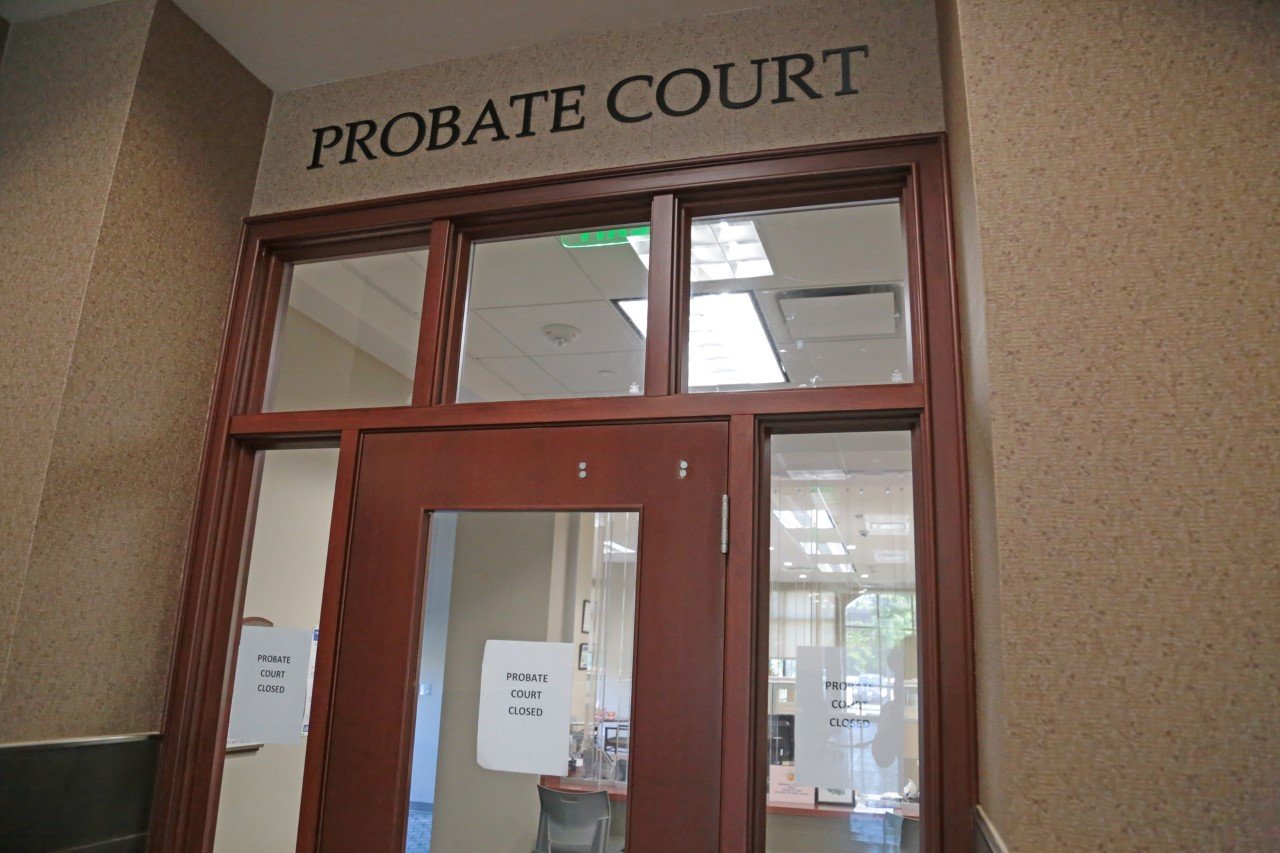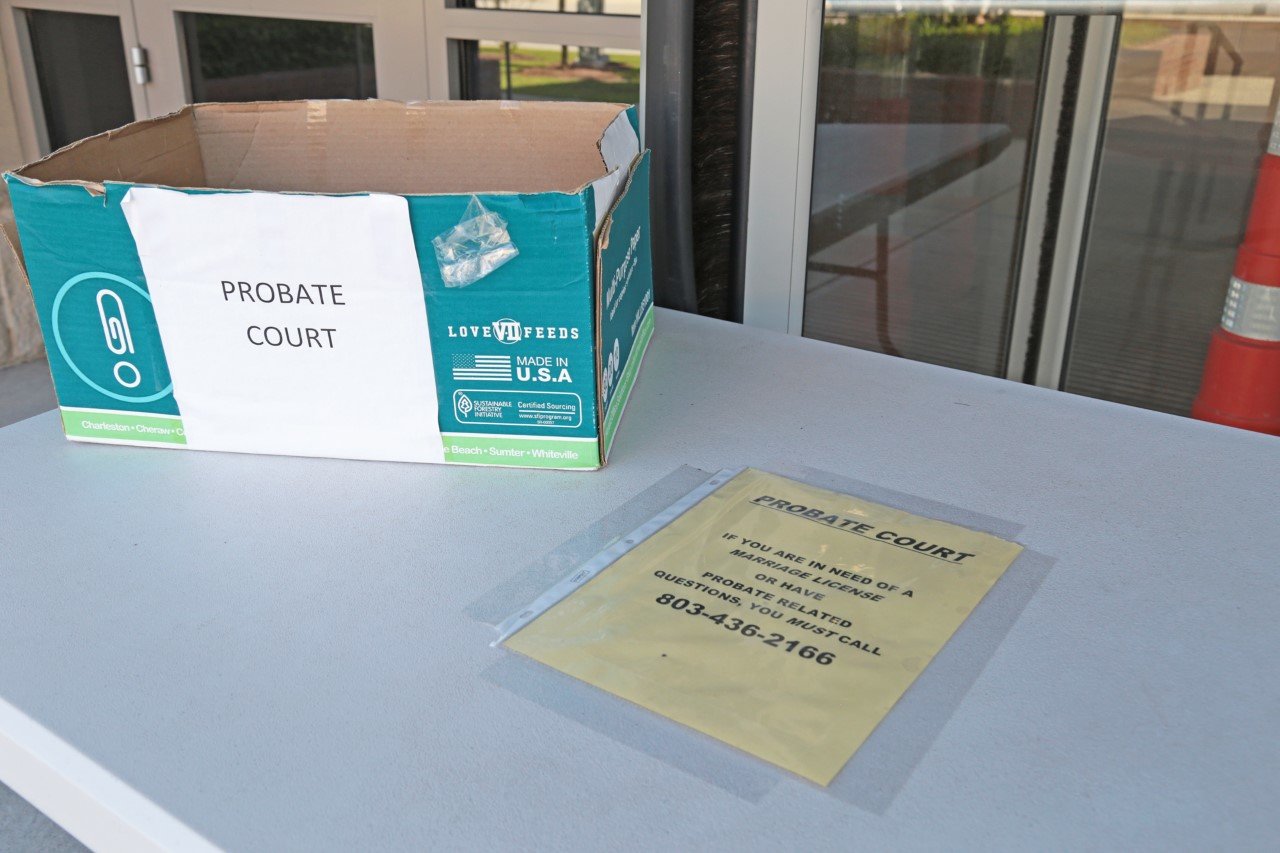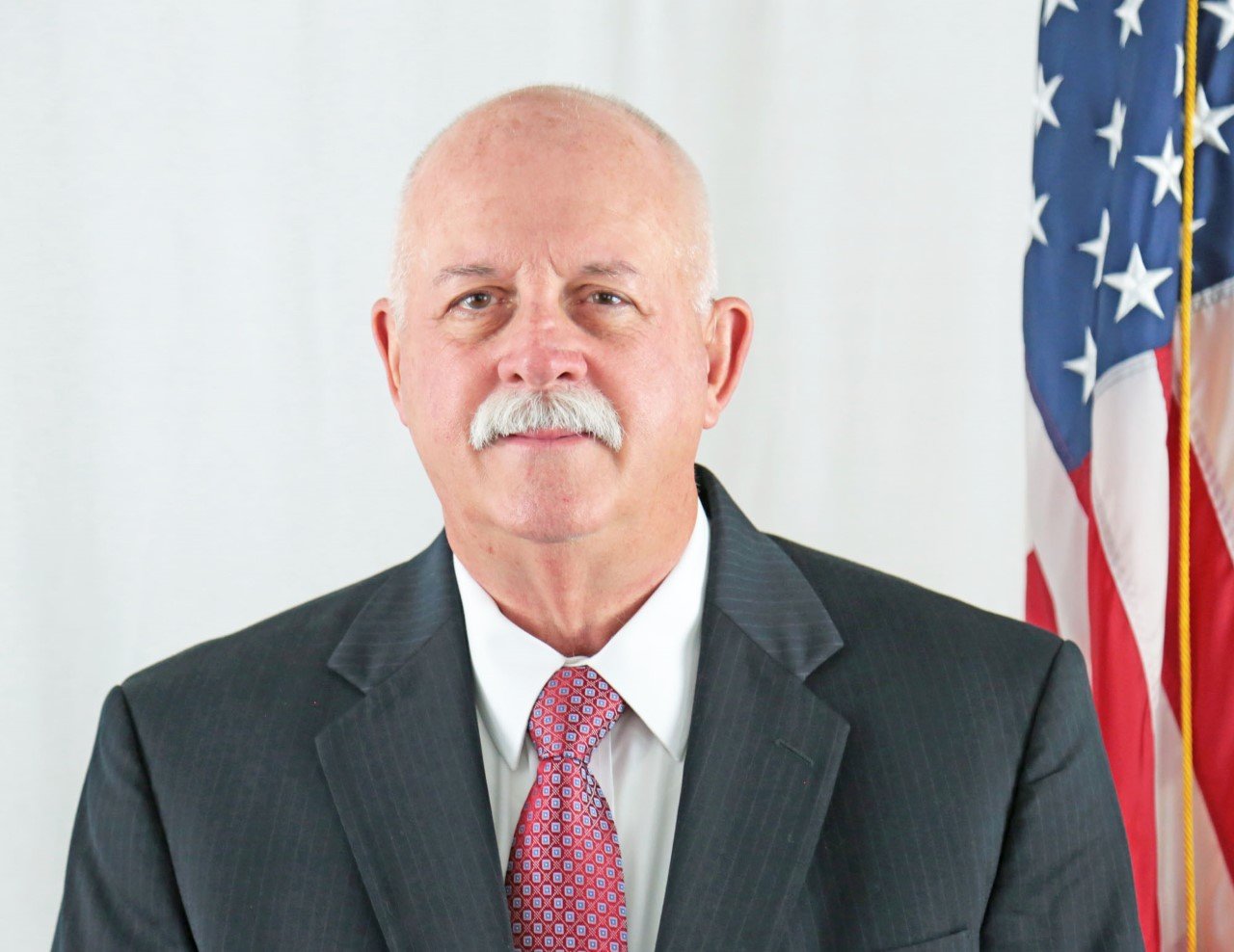Sumter Probate Court continues to work virtually while closed to public
shelbie@theitem.com
All our coronavirus coverage is free to the public. It’s the right thing to do as a public service to our community. If you find this article helpful or informative and want to support our continued coverage, please subscribe or support us with a tax-deductible donation.
To find all our coronavirus coverage, including helpful local resources and website links, click here.
---
The reopening of businesses, venues and more continues across the state, but South Carolina's court systems are still wary about reopening to the public.
Sumter County's government buildings have been physically closed for months because of COVID-19, and they will remain closed after Sumter County Administrator Gary Mixon confirmed there have been positive COVID-19 cases among county government employees.
Though court systems within the local government continue to work virtually, courts remain closed to the public, one of which is Probate Court.
Probate Court is most widely known for dealing with the property and debts of someone who has died, including administering the distribution of their assets according to a will and determining the validity of a will. The court also has the authority to order a person's involuntary commitment to psychiatric facilities and involuntary administration of psychiatric medication and oversees guardianships and conservatorships of incapacitated adults, conservatorships of minors and issuance of marriage licenses.
"We are not meeting with the public as we normally have done in the past," Probate Court Judge Dale Atkinson said. "What we are doing is having them take probate forms - they can come pick those up, fill them out and leave them in the drop box outside the Judicial Center. The deputies bring them inside, and we go over the forms and start the process of probating an estate."
He said the court is probating the same number of estates as it has in the past, even though there has been an increase in Sumter County deaths because of COVID-19. The only difference is in the way staff deals with probating estates and other aspects of Probate Court.
Involuntary commitments haven't changed, according to Atkinson. He said people still go to Santee-Wateree Community Mental Health Center, fill out paperwork. Then it's faxed to Probate Court, which is then given to deputies.
However, conservatorships and guardianships of incapacitated adults and minors are a bit more challenging.
Probate Court is still doing these and has had some court hearings, Atkinson said, but they're only allowing it if there are fewer than 10 people in the courtroom.
So far, he said there have been no problems doing emergency hearings, but they've only had some hearings for conservatorships.
When it comes to marriage licenses, people would normally walk in and fill out the paperwork, but they now have to call and make an appointment. Someone will then meet the couple outside, bring them in and finalize the paperwork. The couple will pick up the license 24 hours later, which has always been the case, Atkinson said.
Overall, Atkinson said there is one aspect he finds the most difficult, and that's not meeting families face to face when they're ready to start the probate process for a deceased family member.
"They're going through a difficult time, and we understand that," he said. "The public has reacted very well to us not being able to have them normally come into the courthouse like they normally do, but they've worked well with us."
Tess Duggan, an associate judge in Probate Court, said they've been busy and that phone calls have probably tripled since they closed to the public.
As the court continues to work virtually, Atkinson said the probate process can never be completed over the phone because signatures are required.
"You can pass along information, but at some point you have to have signatures notarized," Atkinson said.
Brenda Wade, a clerk in Probate Court, said there are some days the phone rings nonstop, and people sometimes file their paperwork wrong and have to redo it. This will cause them to have to redo processes often.
"It's made the entire probate process a little less efficient," Atkinson said, "but our staff has done a remarkable job in overcoming obstacles to continue to serve the public."
More Articles to Read








